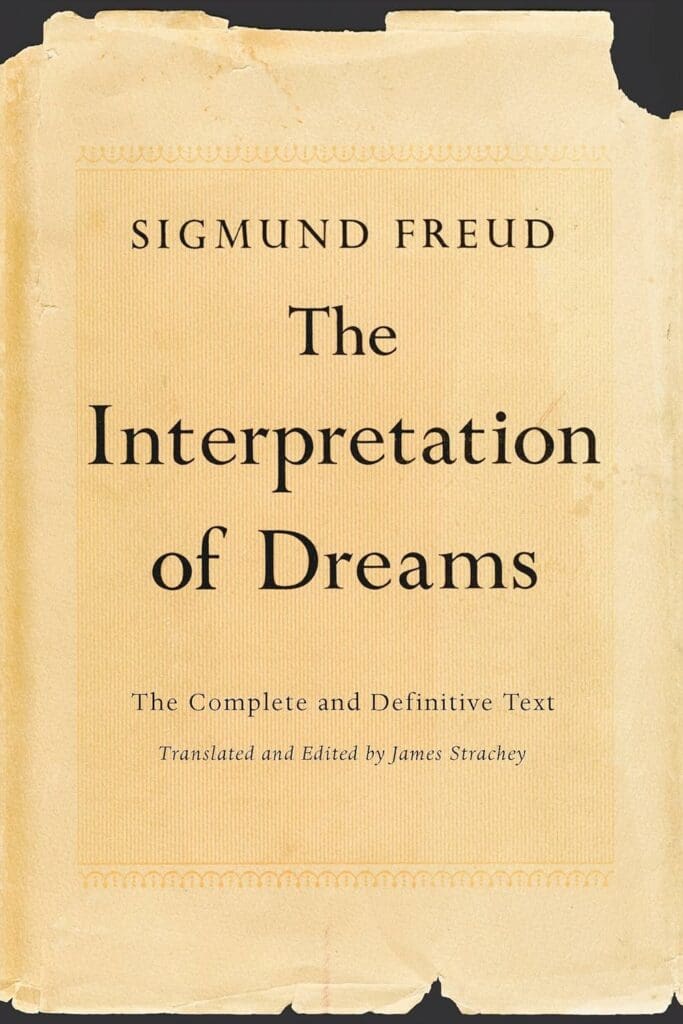Dream No. 1 – I almost lost my memory of it…
A cardboard sailing ship
slips in jerks
On the silvery crest of a creek.
“A sighing echo
In the distractedly repainted dark.”
A new day:
The same scene patched together.
An echo before morning:
The shaky wake of the boat dances.
The mirror of the pond
Now,
gloomy recomposes itself,
(hieratic and slow,
in the pachydermic motions);
While stitching up the wound,
unmild, wagging the tail,
as a miserable tadpole
skewered,
At the culmination of its moments,
In a wet belly of sand.
But the abyss of a manhole,
(wide open between the storm and infinity),
Is really deeper,
this morning,
Of the wet mud cliffs.
(“They ripple sometimes…”
you know,
“…in that rabid wolfsbane,
waves barely half a finger high!
Still motionless, barely half a finger high.
They coil up like snakes…
doomed no longer to crawl,
But to languish embraced for the eternity!”)
And entwined in iridescent coils,
-shy hints of embrace –
The virgins Resignedly gasp,
-unconscious prey consecrated as goddesses,
And collected in a circle,
In a night excoriated by shadows,
They raise their arms to the sky like stalks:
glassy tentacles,
stupefied,
Drunk with hope,
(crazy to the core –
For those from dreams have already repented):
useless vestiges
Of a disanimated crystal jellyfish.
And even the scattered white sprinkles
(swaggering alligators by the river),
heedless,
Lean out lasciviously like willows,
(Curved beggars,
In the tearful vibration of a viol)
And impatient,
By now,
suspend themselves overhanging
Between the emptiness,
And eternity.
…
And I,
Who wished only to walk,
Find myself again
(and no wonder)
Among the old oaks in the driveway,
glimmering like a pendant
forgotten without care,
in the whine
Of an unrepentant gutter.
…
“Let yourself go into the night.
Let yourself go!”
Deposited for legal protection with Patamu: certificate
A brief note on the interpretation of dreams as conceived by Freud
For Freud, dreams represent a window into the unconscious mind as a gateway to understanding hidden desires and motivations. According to Freud, dreams are symbolic representations of repressed thoughts and emotions, which often manifest in disguised form. Freud believed these symbols could be interpreted through psychoanalytic techniques to reveal underlying conflicts and unresolved issues within an individual’s psyche.
Freud’s concept of dream interpretation, known as dream analysis, delves into the symbolic meaning behind the content of dreams. He identified various elements of the dream, such as manifest content (actual events and images in the dream) and latent content (hidden meanings and symbols). By uncovering latent content through free association and analysis, Freud aimed to bring unconscious thoughts to the conscious mind, promoting self-awareness and personal growth.

From a philosophical perspective, Freud’s ideas about dreams challenge traditional notions of consciousness and reality. Emphasizing the importance of the unconscious mind in shaping our thoughts and behaviors, Freud’s psychoanalytic approach highlights the complexity of human experience and the importance of exploring our innermost thoughts and feelings.
If you like this poem, you can always donate to support my activity! One coffee is enough!


